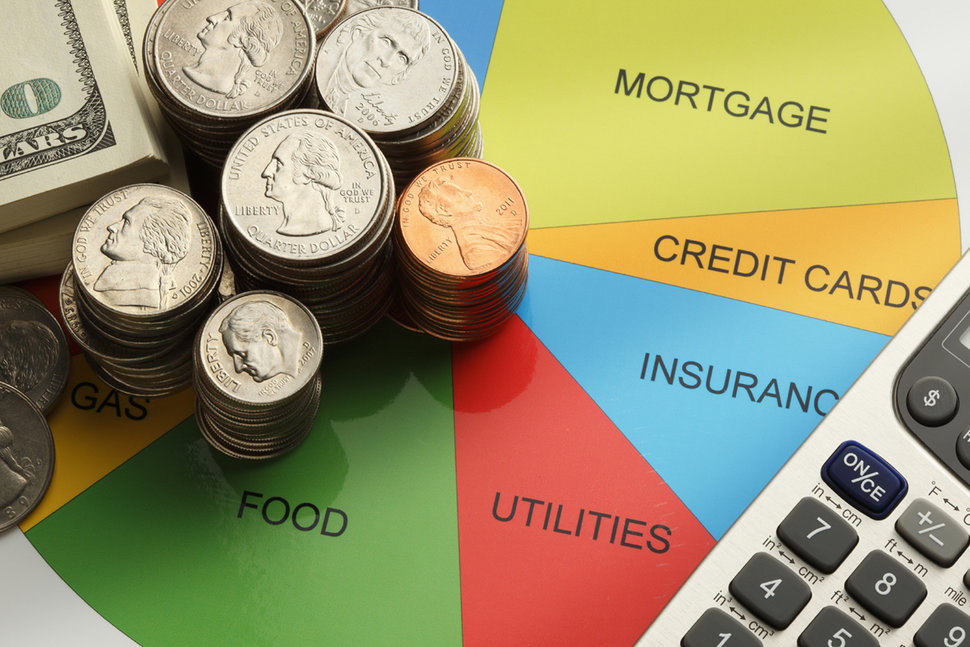
The FDIC insures money in a savings account for up to $250,000. Checks and debit cards offer proof of payment so you have a record of transactions showing where your money goes. Having a bank account provides convenience, access to a choice of benefits and safety. This keeps your money secure and saves you from paying interest to cash advance companies which charge a percentage of your check. Once you have a paycheck, set up direct deposit. We’ll be able to help you find the best way to manage your debts.Developing financial acumen starts with opening a bank account.

We will give you free, impartial debt advice that’s tailored to your situation. If you have debts and you’re struggling to pay them try using our online debt advice tool, or call us on 08 (free from all landlines and mobiles). If you feel it's something you really need, shop around at stores and online to find the best deals. Shop around for better deals on clothesĬould you take on a second job that works around your current lifestyle? Have you checked to see if there are additional benefits you’re entitled to? If you use a cashback website every time you buy an item online, you can make small amounts of money each time and save it towards one-off expenses such as Christmas and birthdays.īefore buying something, decide whether you actually really need it, or if it's an item you could get by without.
#HANDLING FINANCES TV#
Switching to a cheaper supermarket to save money on food shopping and mealsĬutting back on subscriptions such as broadband and digital TV packages

Check your direct debits If you pay things by direct debit make sure you know what you’re paying for. By doing this you’ll be able to check that there’s enough money to cover your direct debits or bills. Make sure you’re checking your bank account regularly.

Even if you only save a small amount each month you’ll find that it quickly adds up. You should consider saving some money every month as this will help you budget for any emergencies, or will help you plan for a secure financial future. You can put this money away each month until the expense or bill is due. Work out how much you spend over the year on these then divide that amount by 12. Some expenses only happen occasionally, such as Christmas. It clearly shows you your income and what you need to spend money on each month. Making a budget is the first step to managing your money. These are our top money management tips, to help you stay in control of your finances. Money management is essential whether you’re in debt or just juggling your household costs.


 0 kommentar(er)
0 kommentar(er)
